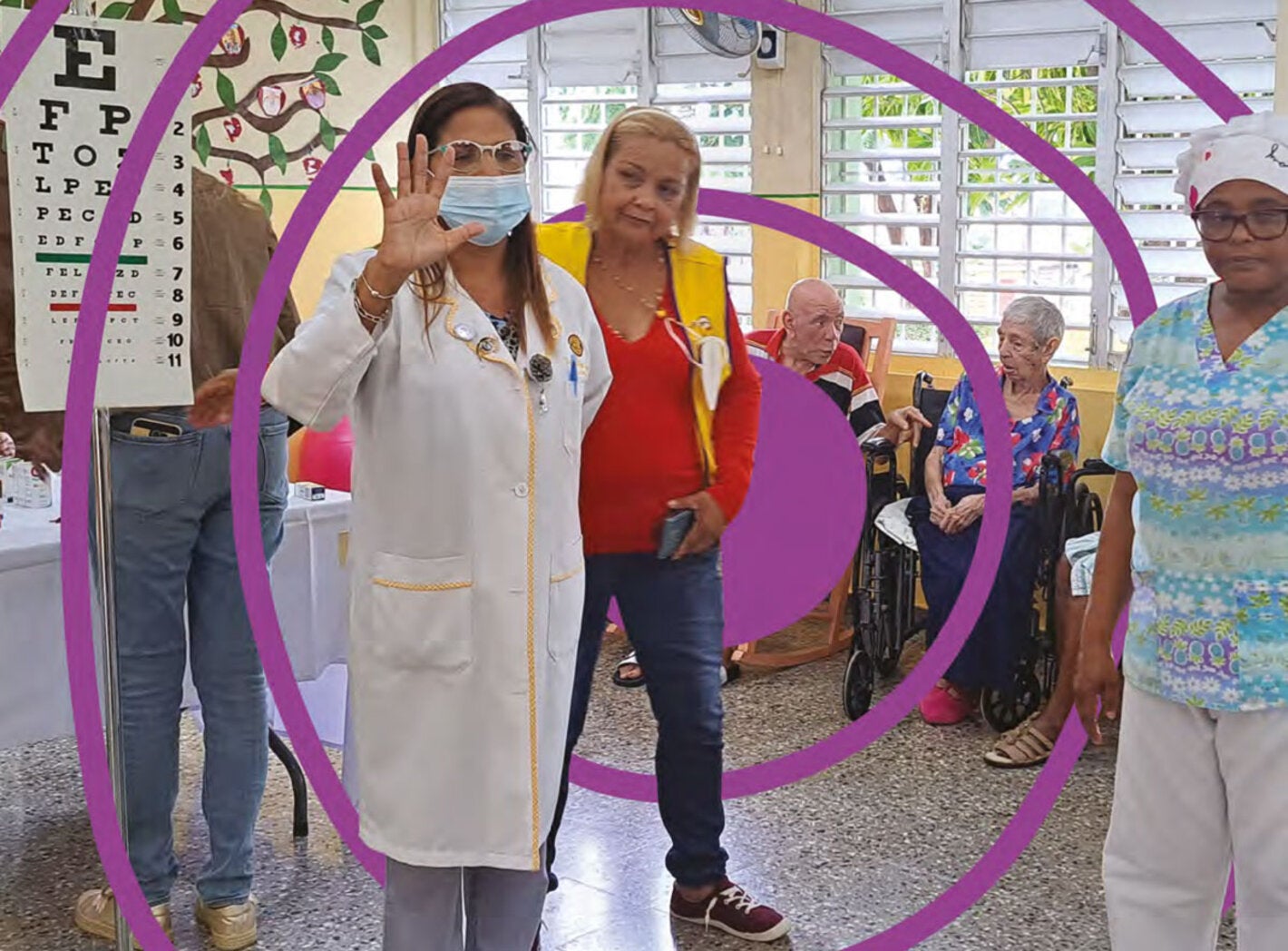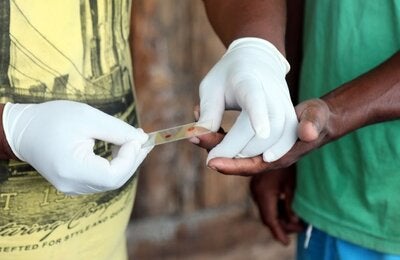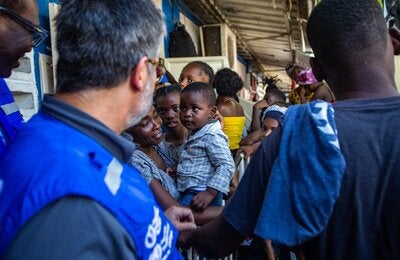
Washington, DC, April 2, 2024 (PAHO) - The Pan American Health Organization (PAHO) today released a progress report revealing advances in policies and actions to promote healthy aging in the region, despite the challenges the world has faced since 2020.
The 2023 Progress Report of the Decade of Healthy Aging (2021-2030) highlights that increases in implementation between 2020 and 2022 were over 20% for four out of ten national progress indicators considered in the study.
Some of the main findings indicate that 91% of countries of the Americas that reported data have a national aging policy, while nearly 70% have mechanisms for promoting and protecting the rights of older persons. Additionally, 78% of countries that reported data have a policy, legislation, strategy, or program for integrating palliative care services into the structure and financing of national health systems at all levels of care.
The report highlights several regional initiatives such as the Inter-American Convention on the Rights of Older Persons of the Organization of American States (OAS), which is presented as a unique legal instrument at the regional and global levels; as well as the "Let's Go!" toolkit for age-friendly cities and communities, launched by PAHO together with HelpAge International and AARP.
Furthermore, the advances and limitations in implementing the Decade described in the report indicate how actions could be accelerated in the next phase.
"One of the challenges outlined in the report is the lack of financial resources, indicating the need for political commitment and specific budget allocations to support healthy aging. We must commit to increasing efforts if we want to consolidate health and social protection systems that promote healthy aging and favor economic sustainability," PAHO Assistant Director Dr. Rhonda Sealey-Thomas said.
PAHO, in coordination with countries and other organizations, supports the implementation of the Decade and the achievement of its objectives through the application of methodologies and tools such as the Global Campaign to combat Ageism, the Global Network of Age-Friendly Cities and Communities, and the strategy for Integrated Care for Older People (ICOPE). Additionally, the Series on the Decade of Healthy Aging in the Americas: situation and challenges is available to inform action through evidence.
PAHO is committed to continuing to support Member States in strengthening their actions towards healthy aging through concerted and coordinated action with other actors, especially by encouraging the involvement of older persons.
The report was presented during a virtual seminar attended by representatives from ministries and governmental institutions from Barbados, Belize, Brazil, Canada, Chile, Costa Rica, and Mexico; as well as representatives from the Inter-American Development Bank (IDB), AARP, and agencies of the United Nations System. Throughout the session, topics related to protecting the rights of older persons, combating ageism, age-friendly environments, integrated care, long-term care, and the path towards 2030 were addressed.



